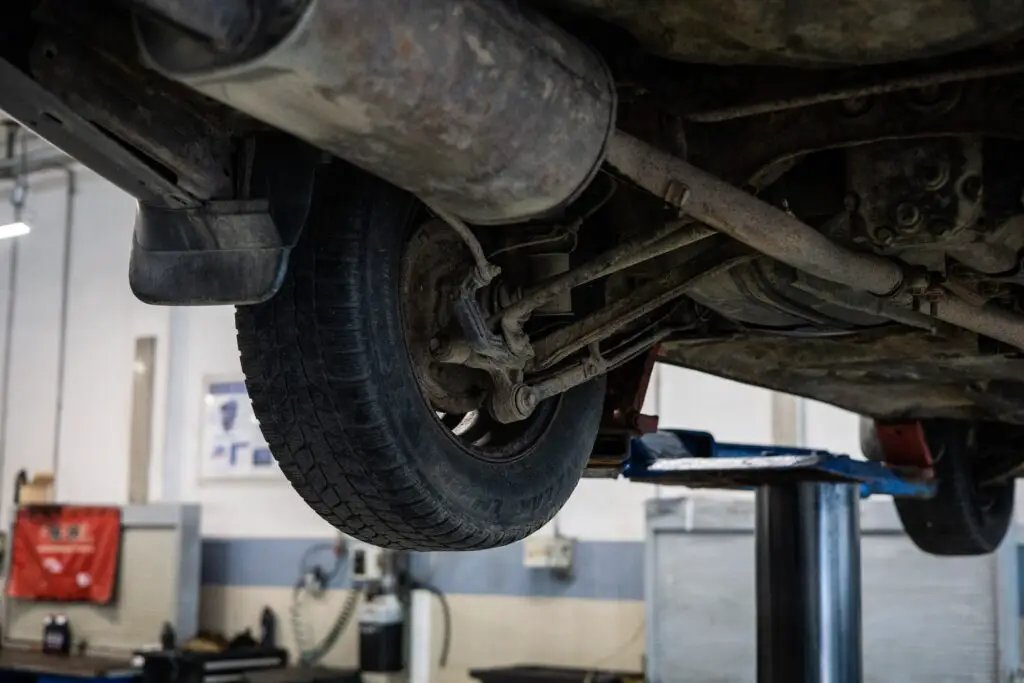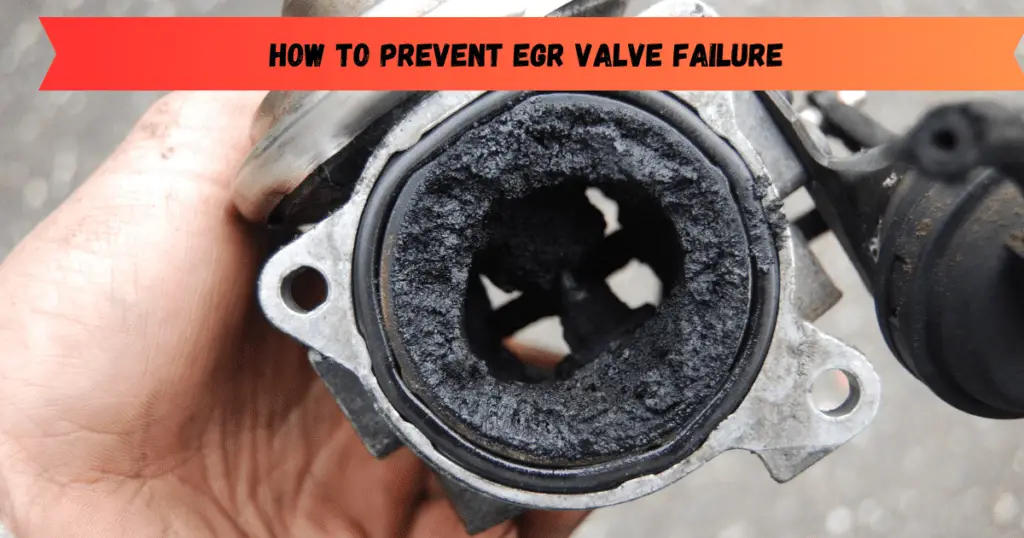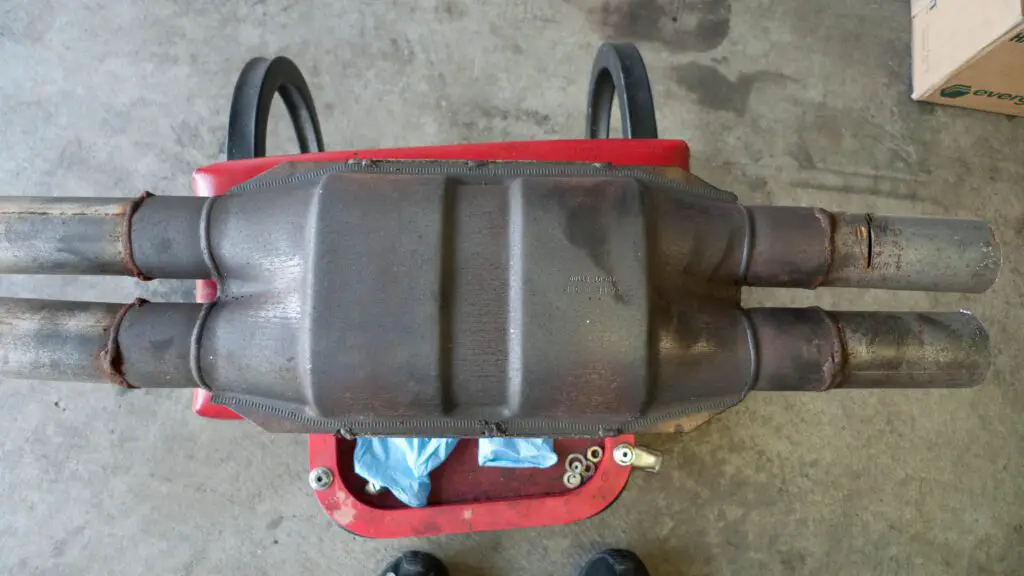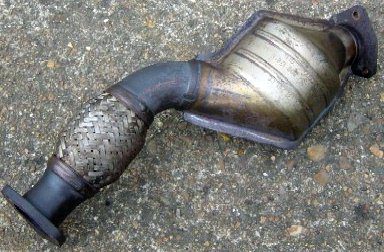A popping, snapping, or firecracker-like noise coming from your car’s exhaust can set off alarm bells. But not all cars popping noise from exhaust point to serious issues.
Read on to learn if that annoying popping noise from exhaust indicates a real problem or not.
Normal vs Problematic Exhaust Popping
Intermittent muffled popping from the tailpipe under certain conditions is often completely normal. Here are traits of harmless vs concerning exhaust pops:
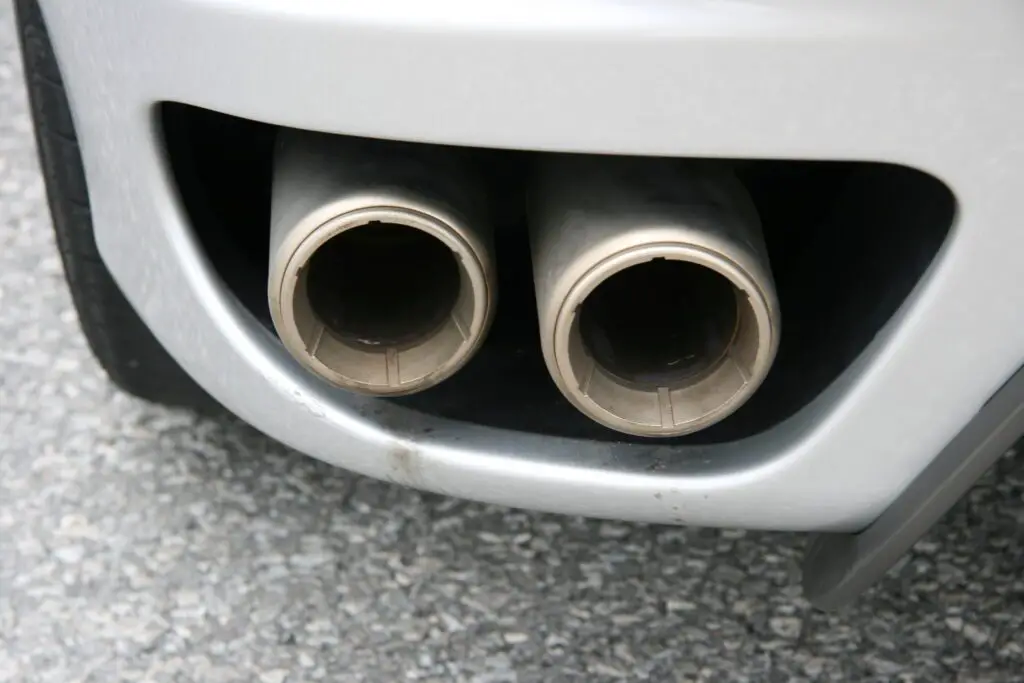
Normal popping characteristics:
- Just light “snap” noises, not loud bangs
- Occur only at low RPMs under light throttle
- Happen briefly and intermittently
- Go away once engine is fully warmed up
- No smell of exhaust gases in cabin
Problematic popping traits:
- Steady, repeating popping under acceleration
- Loud backfiring or rattling noises
- Present even after engine reaches operating temperature
- Cause surging, power loss or check engine light
- Smell exhaust fumes inside the car
So focus on the exact sound, driving conditions, and any performance changes to gauge popping severity.
What Causes Car Popping Noise From Exhaust?
These are the most common culprits behind popping noise from exhaust:
Engine-Related Causes
Misfiring spark plugs – Faulty plugs, wires, or timing makes one or more cylinder fire unevenly.
Carbon buildup – Heavy carbon deposits in the combustion chambers inhibit a smooth burn.
Vacuum leaks – Intake leaks disturb the precise air/fuel ratio and can cause backfiring pops when accelerating.
Mechanical issues – Compression loss from bad piston rings, cylinders, or valves allows popping.
Exhaust System Causes
Small exhaust leaks – Even tiny exhaust leaks alter pressure pulses and acoustic tuning, leading to pops.
Damaged mufflers – Holes or detached internal muffler baffles affect the sound damping, causing noise.
Heat shield vibrations – Loose shields rattling against exhaust components create a popping or snapping sound.
Causes From Driving Conditions
Letting off the gas – Quickly releasing the throttle plates causes popping when airflow is abruptly cut off.
Cold starts – Condensation working through the exhaust creates snapping and crackling temporarily when cold.
Specific low speeds – The exhaust tuning can resonate at certain RPMs, magnifying these small pops.
So a variety of engine, exhaust and driving factors may be the culprit behind your specific popping noise. Proper diagnosis is key.
Why Do Performance Exhausts Pop?
It’s very common for tuned high performance exhaust systems to emit intermittent light popping and snapping noises. Here’s why:
Less backpressure – Low restriction performance exhausts change the pressure wave pulses.
Engine tuning adjustments – Performance computer tunes modify ignition timing which affects combustion.
Modified air injection – Upgraded intake and forced induction motors alter intake air contents.
Imperfect fitment – Gaps between custom exhaust components change the sound profile.
So while noticeable, occasional popping from aftermarket exhausts is generally harmless. But any consistent popping alongside performance issues still warrants inspection in customized vehicles.
How to Diagnose the Cause of Exhaust Popping
Use these tips to pinpoint issues causing undesirable popping noise from exhaust:
- Note if popping only happens at certain engine speeds or throttle positions.
- Monitor whether pops occur mostly under acceleration, deceleration or neutral coasting.
- Check for recent ignition repairs that could cause timing faults.
- Inspect all exhaust components and clamps thoroughly for any small leaks.
- Ensure heat shields are secured and not rattling against pipes.
- Scan for computer fault codes related to ignition, emissions or engine performance.
- Perform a visual inspection for external exhaust damage that could cause noise.
- Carefully test drive while listening for any misfires or changes in engine performance.
Methodically gathering clues will help zero in on whether engine, exhaust, or other issues are at fault.
Typical Repair Costs for Exhaust Popping
Repair costs vary based on if engine or exhaust repairs are required:
Engine repairs for exhaust popping:
Spark plugs and wires – $150-$300
Ignition coil replacement – $175-$350
Carbon cleaning service – $150-$350
Exhaust repairs for popping noises:
Muffler replacement – $200-$500
Mid pipe replacement – $100-$300
Exhaust leak patch – $100-$250
Heat shield – $50-$150
Aftermarket exhaust mods average $1000+ fully installed.
When Should a Mechanic Inspect Popping Exhaust?
Have a certified mechanic inspect any:
- Backfiring louder than a firecracker
- Exhaust smells inside the cabin
- Visible exhaust damage or large leak
- Misfiring, surging, power loss
- Persistent popping lasting over 10 seconds after startup
- Popping not improving after exhaust is fully warmed up
- Recent ignition, fuel or emissions related repairs
Repairing performance issues or physical exhaust damage requires a professional in most cases. Don’t ignore consistent popping noise from exhausts.
Is it Safe to Drive With an Exhaust Pop?
- Light intermittent popping from a fully warmed engine is generally safe for short drives until you can have it inspected.
- However, any frequent steady popping, backfiring or violent sounds warrant immediate repair before driving further.
- Loud backfiring pointing to extremely lean or rich fuel mixtures is unsafe and requires towing.
Monitor the severity closely. Occasional light pops may be harmless but consistent loud popping needs immediate mechanical attention for your safety.
Can I Prevent Exhaust Popping?
You can minimize future exhaust popping by:
- Maintaining tune ups to avoid ignition misfires
- Regularly cleaning intake and exhaust carbon buildup
- Replacing old oxygen sensors that get lazy
- Fixing any exhaust leaks quickly to maintain proper backpressure
- Checking that heat shields are secured
Proactive maintenance reduces the chances of both engine and exhaust related popping.
Frequently Asked Questions
What does exhaust backfiring sound like?
Backfiring creates loud rhythmic popping or bang noises from combustion happening in the exhaust rather than the chamber. It warrants immediate repair.
Can a bad catalytic converter cause popping?
Yes, a failing catalytic converter allows unburnt fuel downstream which can spontaneously combust and cause pops and backfires.
Is it bad or dangerous to drive with exhaust popping?
Occasional quiet popping may be harmless but consistent loud popping needs swift diagnosis and repair for safety. Loud backfiring is extremely dangerous.
Can a spark plug gap cause backfiring?
Yes, improperly gapped plugs can misfire at high temps and cause unburned fuel to ignite in the exhaust rather than the cylinder, leading to backfiring.
Can an exhaust leak cause popping?
Even small exhaust leaks alter the tuning and pressure pulses. This can definitely cause popping noises intermittently while driving.
How do you fix exhaust backfiring?
Depends on cause – repair misfiring ignition components, patch exhaust leaks, replace damaged mufflers, inspect fuel injectors and engine performance sensors if backfiring under acceleration.
Conclusion
Don’t panic at the first exhaust pop heard from your car. Look for steady, loud popping and backfiring that needs diagnosis and repair. Otherwise monitor for changes from normal operation. Expect occasional quiet pops from high performance exhausts. With inspection and any needed repairs, you can eliminate annoying exhaust popping for good. For more information related to car popping noise from exhaust check these articles

